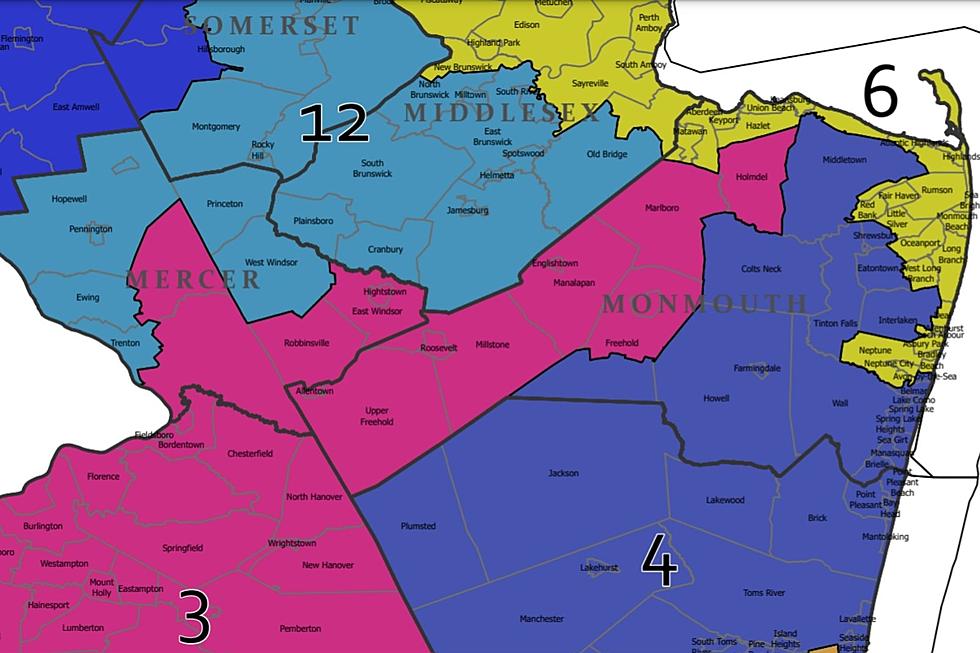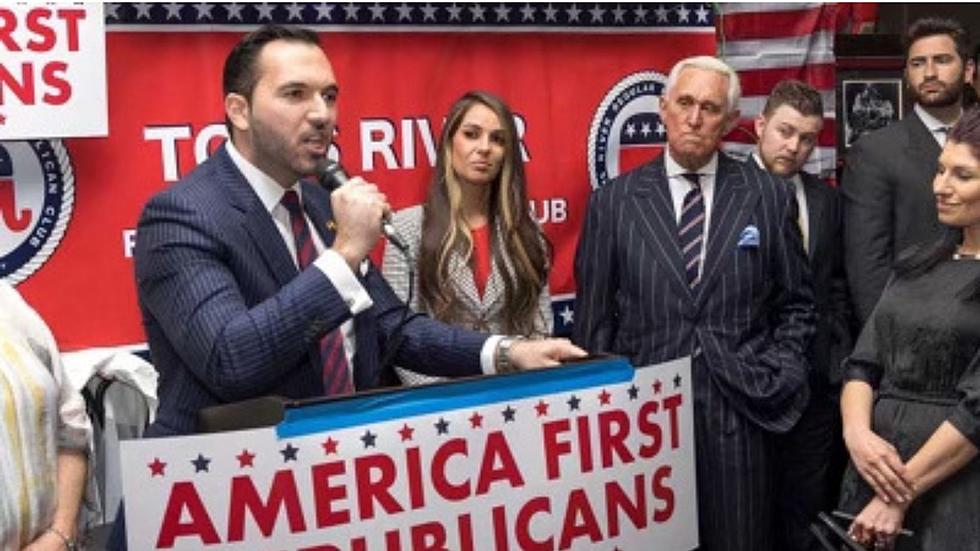
GOP Leaders Hope for Agreement on Payroll Tax Cut
Top House Republicans hope to win rank-and-file GOP support for a measure renewing this year's Social Security payroll tax cut and extending benefits for the long-term unemployed.
House GOP lawmakers were meeting privately Thursday to seek agreement on legislation that leaders want to bring to a vote next week. They would also include language heading off a 27 percent cut in Medicare reimbursements to doctors.
All three items will expire Jan. 1 without congressional action -- just as the 2012 presidential and congressional election year begins. Many conservatives oppose the payroll tax cut as too expensive and a poor way to spark job growth, while some oppose providing much additional help to people without jobs.
The battle over renewing the payroll tax cut has taken top billing.
President Barack Obama has proposed a more generous version, paid for by clamping a surtax on people earning over $1 million annually, and has used Republican opposition to accuse them of preferring a tax boost on 160 million workers to higher levies on the rich.
On Wednesday, Obama raised the prospect of vetoing the payroll tax cut legislation over House Republican language that would speed work on the proposed Keystone XL oil pipeline, which would be built from western Canada through the Midwest.
Republicans have included that provision and others in hopes of drumming up votes. Environmentalists oppose the pipeline, but it is backed by labor unions and industry.
"My warning is not just specific to Keystone," Obama told reporters. "Efforts to tie a whole bunch of other issues to what's something that they should be doing anyway will be rejected by me."
Obama did not say which other items he had in mind. Republicans responded just as fiercely.
"We are working on a bill to stop a tax hike, protect Social Security, reform unemployment insurance and create jobs," said Michael Steel, spokesman for House Speaker John Boehner, R-Ohio.
"If President Obama threatens to veto it over a provision that creates American jobs, that's a fight we're ready to have."
Obama would lower the 6.2 percent payroll tax that workers normally pay to 3.1 percent next year, part of his effort to breathe life into the country's ailing job market. He also wants to trim the payroll taxes that employers pay to give them an incentive to hire people.
The House bill would drop next year's payroll tax to 4.2 percent, the same as this year's level, with no tax breaks for companies. It would be financed by extending the current pay freeze on federal workers through 2015 and a host of smaller savings, including charging higher Medicare premiums to higher-earning seniors.
A 2 percentage point reduction in the payroll tax means a tax cut of $1,000 to an earner making $50,000 a year. A similar battle is brewing in the Democratic-run Senate, where leaders plan a symbolic vote as early as Thursday that is designed for political purposes.
That Democratic-written bill would lower next year's payroll tax to 3.1 percent. It is financed chiefly by a 1.9 percent surtax on income over $1 million, a proposal that is almost universally opposed by Republicans, who say it would discourage business owners from hiring.
GOP senators are expected to easily kill the measure, but Democrats hope the roll call will produce fodder for campaign ads against Republicans.
Asked Wednesday by reporters whether he might eventually accept spending cuts to pay for the bill, Reid showed some flexibility. "We're ruling nothing out, OK?" Reid said, other than budget cuts to federal agencies, which have already been sliced twice this year.
(Copyright 2011 by The Associated Press. All Rights Reserved.)
More From New Jersey 101.5 FM









